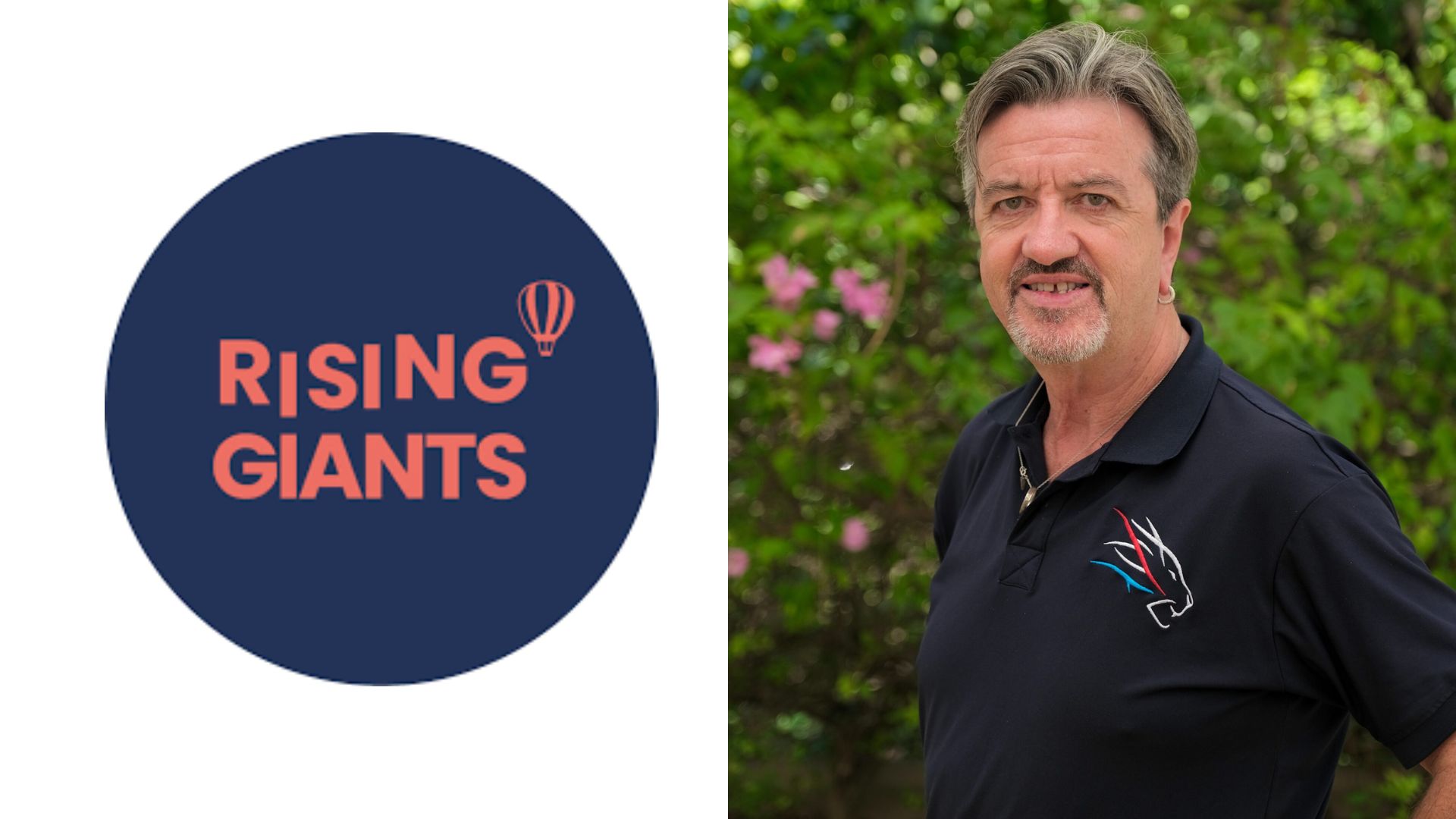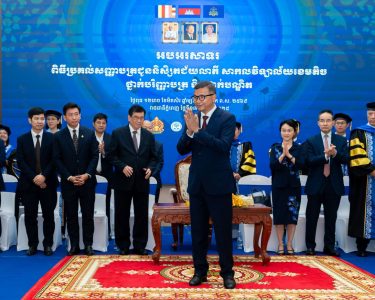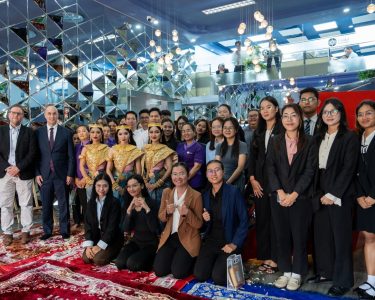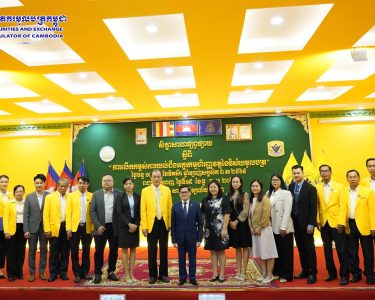Cambodia Investment Review
Rising Giants hosts Dominic and Max sat down with Dominic Sharpe, the Country Director of Liger Leadership Academy, to delve into the academy’s significant transition from a donation-funded NGO to a fee-paying private school. This strategic shift marks a pivotal evolution in Cambodia’s education sector, reflecting broader changes in the country’s approach to sustainable education.
Sharpe explained that Liger Leadership Academy has been providing a world-class education since its inception in 2012, which, while highly effective, incurs substantial costs. “I manage another NGO where the cost of education is $150 per year per student, and those students perform well. However, at Liger, we aim to create world-class change agents, and sustaining this high level of education has been challenging for our founders over the past 12 years,” Sharpe noted. This challenge has necessitated a transition to a full fee-paying model supplemented by scholarships, a significant departure from the academy’s original funding approach.
Vital partnership with AUPP
To facilitate this transition, Liger has formed a partnership with the American University of Phnom Penh (AUPP). This collaboration includes licensing Liger’s curriculum to AUPP. Sharpe emphasized the importance of this partnership, stating, “This is a major investment from AUPP. The current 60 students will have their studies fully funded until graduation. Moving forward, a more sustainable fee-paying model will be implemented for new intakes, highlighting Cambodia’s shift from NGO dependency to a private sector-driven education model in just 12 years. This transformation is a testament to the founders, staff, and the country as a whole.”
Liger’s curriculum, which initially focused on STEM (Science, Technology, Engineering, and Mathematics), has been expanded to STEEAM (Science, Technology, Entrepreneurship, Engineering, Arts, and Mathematics) to provide a more comprehensive educational experience. In addition to academic subjects, Liger has incorporated Personal Organization and Wellness (POW) into its program, addressing essential life skills for the 21st century.
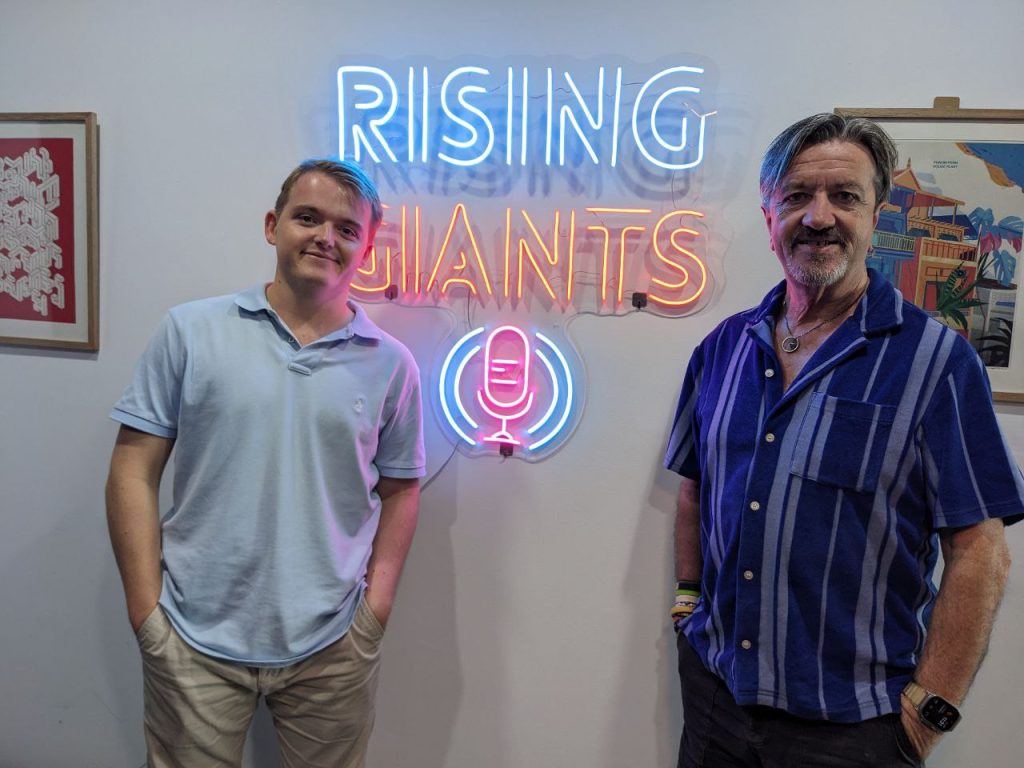
Reflecting on his journey and the transition’s entrepreneurial underpinnings, Sharpe remarked, “I’ve always tried to bring an entrepreneurial mindset to the school, emphasizing the importance of learning from failure. After joining Liger as a consultant, I was soon offered the director role, which brought significant pressure and trust from the founder.”
The transition to a fee-paying model has not been without its challenges, particularly in student recruitment. “In January 2024, we were tasked with finding 40 students for our new fee-paying model by August, a difficult feat given that most families book school placements one or two years in advance. By July, we had 40 students enrolled. This decision was finalized in April by AUPP, marking a massive effort for the academy,” Sharpe explained.
Campus Sale Will Partially Reimburse The Founders $15M Investment
The new model aims to enroll 60 students each year, maintaining a total student body of 360 from Grade 7 to Grade 12. Liger Leadership Academy charges an annual tuition fee of $13,500 and an annual capital fee of $1,500, with no application or enrollment fees. For students enrolling in 2024, the tuition fee will remain fixed until graduation. There will also be no testing for the application process for full-fee paying students.
Unexpectedly, boarding has become a significant aspect of Liger’s offerings, despite it not being a common practice in Cambodia. The current campus, located near Vattanac Golf Course, will transition to a new campus under AUPP in Chroy Changvar, which is closer to Phnom Penh’s center and is currently under construction. The sale of the previous campus will partially reimburse the founder, who has invested between $10 to $15 million over 12 years without any intention of profiting from the venture.
Sharpe reflected on his personal motivations, stating, “Working in Cambodia still feels like a holiday and a privilege. When I left the UK, I intended to slow down, but I ended up busier here than ever. However, it’s a different kind of busy, one that is fulfilling and driven by the goal of improving outcomes for each cohort. This drive keeps me motivated daily.” He also emphasized the importance of building a trusting culture and environment, adding, “Once you’ve built that trust within an ecosystem, you can achieve anything.”
As Liger Leadership Academy transitions to a fee-paying model, it exemplifies Cambodia’s progress towards a sustainable, private sector-driven education system. This transition underscores the country’s remarkable development in the education sector over the past decade and highlights the academy’s role in shaping future leaders equipped to address national and global challenges.


